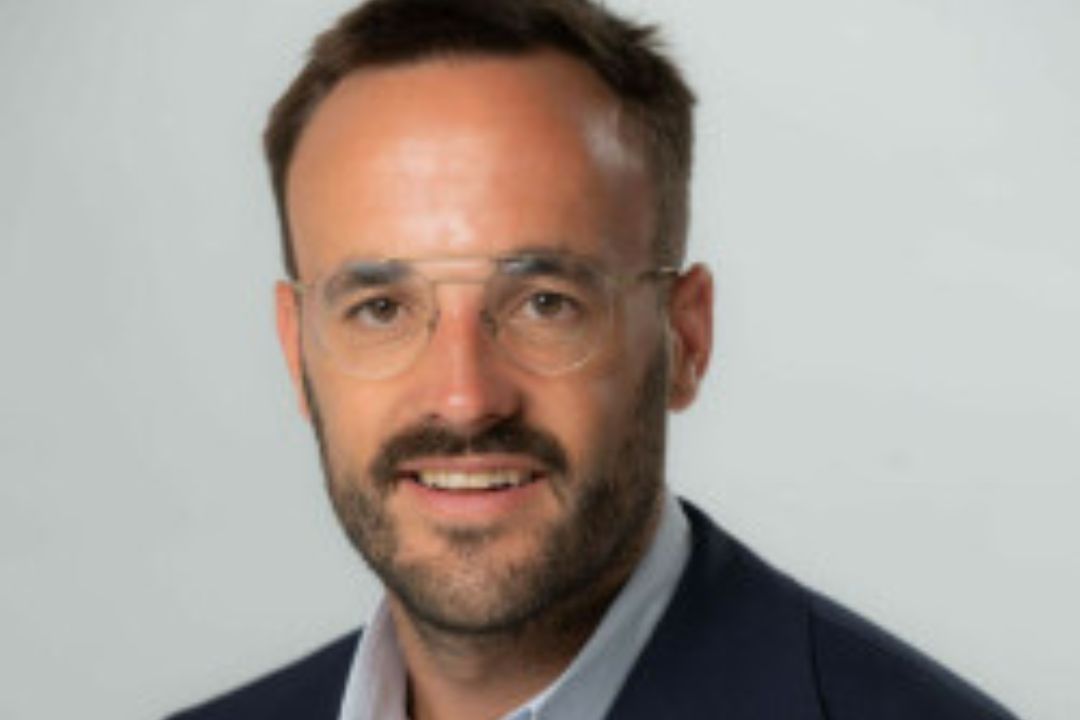29th April 2024
Last week, around 400 members of Europe’s leading healthcare innovation community from 35+ countries gathered for the two-day EIT Health Summit 2024, held at the Postillion Hotel and Convention Centre WTC, in Rotterdam, the Netherlands. Their goal? A commitment to driving change and enabling solutions to our greatest healthcare challenges. Here are some of the key highlights:
1. Take action to create change
As the central theme to this year’s summit, participants were challenged to think about what healthcare systems are, how they should be providing services to the people that need them, and how to embed change at scale. Three main questions arose from these discussions:
- How does this desire for continuous innovation fit into a system that everyone recognises needs to fundamentally shift?
- How can systems be created to be flexible and adaptable, evolving efficiently to meet the biggest healthcare challenges of the future?
- How is this commitment to change reinforced so participants become disruptors in their own areas of expertise?

Attendees in the main hall
Carmen Pauline Rios, CEO and Co-Founder, Doctomatic, was on a panel focused on how to lead innovation when faced with constant evolution. She advised attendees to focus on execution where realistically possible. “Don’t ask for permission, just do it,” she explained, stressing that innovation can often be slowed down by too much contemplation.
In a similar vein Niklas Blomberg, Executive Director, Innovative Health Initiative (IHI), reiterated in a separate panel discussion that questioned whether Europe would manage to both regulate and innovate, that “AI isn’t the future, it’s here now.” He urged participants to align their work as closely as possible with the new EU AI Act.
Jean-Marc Bourez, CEO at EIT Health, said risks needed to be taken to achieve great things in healthcare innovation. “For me, there have been two key takeaways. Firstly, the need to take chances and to be fearless, to learn how to push the boundaries and secondly, to take risks so not only can we change our healthcare systems, but so we can start to truly transform them,” he shared with the audience.
Delegates also delved deeper into the topic by sharing their specific focuses for 2024 through an onsite mural.

Mural at the Summit with attendees’ actions to make change happen
2. Health AI and the demand for digital skills
A central discussion across the two days focused on preparing the future workforce. One example of this was the session sponsored by AWS Healthcare on health AI and the demand for digital skills. Experts Cathy Rivera, Healthcare Workforce Development and Communication Lead and Anais Gonzalez Iglesias, Precision Medicine Business Development Lead, discussed the practicalities around generative AI. They covered how AWS is innovating within the healthcare space by using clouds in a hospital setting with a secure infrastructure, and how they are helping customers address the growing demand for digital skills through courses built specifically for healthcare leaders to close skills gaps in their workforce.
3. Addressing the funding gap
An interesting discussion was held on strategies for increasing investment in healthcare innovation from Central and Eastern Europe, such as how to address the funding gap. The key messages that arose were:
- Accelerator programmes need to offer greater flexibility, such as allowing start-ups to choose their mentors from a diverse pool. Each start-up has unique needs; some require connections in the pharmaceutical industry, while others benefit more from contacts within hospital networks.
- Mentorship can help start-ups prioritise goals and avoid focusing on non-essential tasks. Insights from start-ups passed on to the regulatory bodies are vital for navigating regulatory challenges and acting swiftly in the start-up ecosystem.
- Investors are interested in companies with unique technology, scalable solutions, and an excellent team of people from different backgrounds that is coachable and realistic.
- Cross-border investments are challenging due to legal, tax, and regulatory differences. To attract foreign investors, reliable local partners are essential to navigate these complexities.

A breakout session in action
4. Launched: EIT Health’s Report on the European Health Data Space (EHDS)
We launched our new Think Tank report, “Implementing the European Health Data Space” live at EIT Health Summit. The EHDS is a high-stakes development with transformative potential, but its benefits for patients, partners, and innovators can only be realised if the healthcare ecosystem is empowered to implement it effectively.
The report arose as the result of a series of roundtable discussions held across Europe which brought together experts from across our vast and diverse network and offers practical recommendations for the actors leading the transformation at local, national, and EU levels to ensure a harmonised and inclusive European approach.
For more information and to download the report, click here.

Attendees networking in between talks
5. Societal transitions in healthcare
Derk Loorbach, Professor socio-economic transitions at Erasmus University, Director of DRIFT and Chair of iFund and Lenteland, gave an insightful keynote speech on societal transitions, which gave the audience plenty to think about, especially on how to go about increasing demands on healthcare and the need to transition to health care.
“What we’re trying to do is to engage customers in exploring the future of healthcare and then identifying citizens that are already taking initiatives,” he told attendees.
He discussed how trans-local diffusion can help scale initiatives that are taking place at a local level on a larger scale, such as the Catalan Institute of Health’s ground-breaking operational plan for innovation access in the Catalan Health System, which was displayed in a separate, and non-related, breakout session.
When looking at the current challenges faced, Derk noted the importance of trans-disciplinary research and innovation to bring different perspectives to help address the problems at hand, along with having stakeholders with social science backgrounds working with engineers and technicians to help build better solutions.
However, the challenge of changing the status quo is difficult and that is why EIT Health can help by forming a community that supports participants to build transition within their own organisations.

Derk Loorbach on stage
Until next time
Jean-Marc Bourez captured the spirit of collaboration at the Summit, stating:
“We at EIT Health excel in creating synergies by fostering a culture of collaboration, where different types of innovators unite to address problems together, ultimately driving impactful and transformative change in healthcare. Thank you to all our Partners, EIT Health staff, and our guests for making this event a success.”
Europe's top health start-ups take centre stage: EIT Health Catapult winners are revealed at HLTH Europe

2025 Catapult programme winners announced.
Finding Europe’s next healthtech leaders: Insights from Antoine D’Hollander

Insights from Antoine D’Hollander, Capricorn Partners.
EIT Health supports 17 promising deep tech start-ups bridge the ‘Valley of Death’

Providing start-ups with the right support.